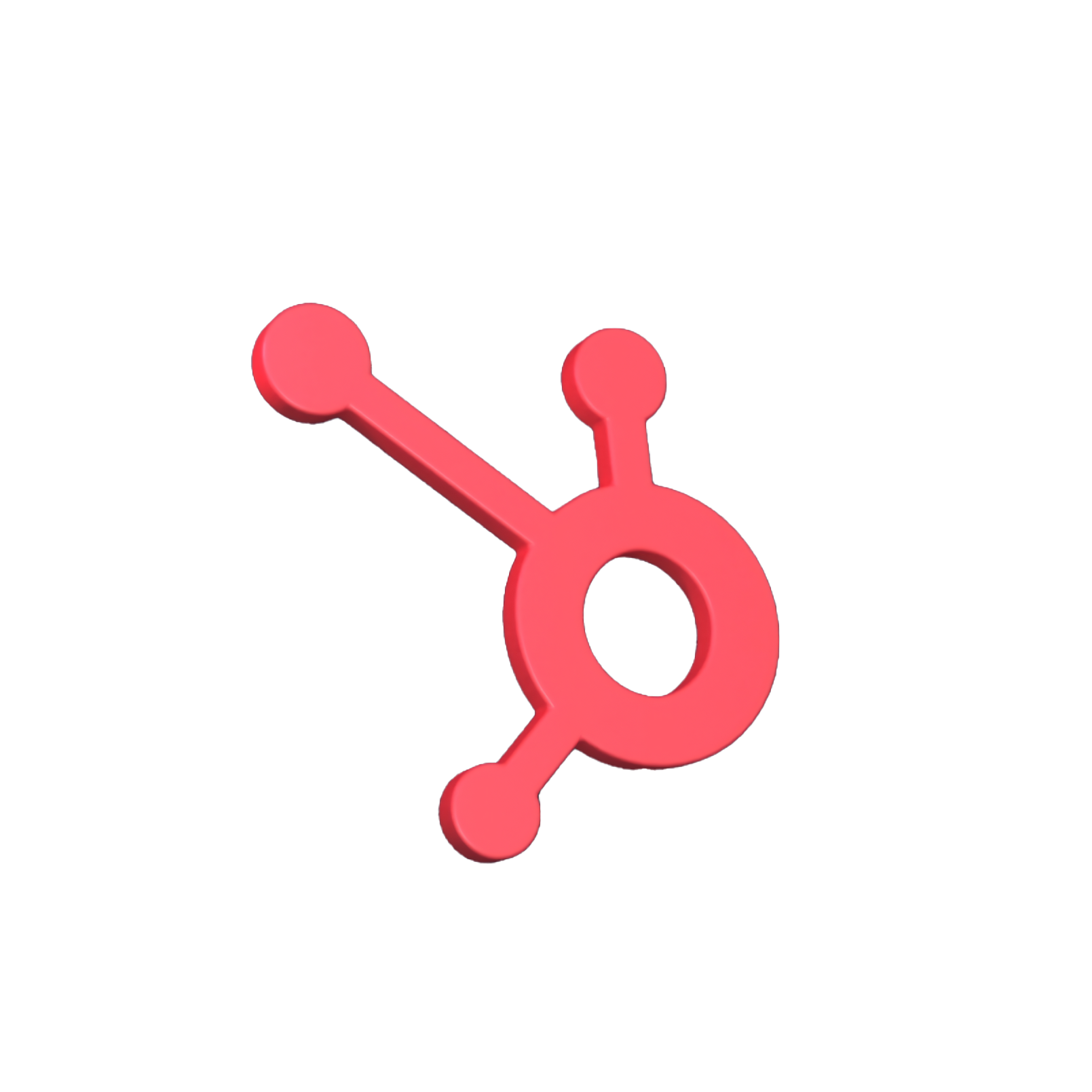There are a huge number of CRM systems available, at the bottom of this article I have taken a screenshot of the G2.com category on CRM and it is huge.
So when faced with a business decision relating to the roll out or upgrade of your existing CRM system, how do you know which will put you on a good foundation for the long term.
If you think short term, you may need to spend more at a later stage rolling out and training a different CRM
Short term decision making and selection criteria:
- Cost/price
- Only thinking about your immediate need and not the organization as a whole. For example, rolling out a CRM to manage pipeline only.
- Use existing vendor, we see this as the number one reason why organizations roll out Microsoft Dynamics as an example.
- Selecting a small business solution that will need to be replaced if your organization intends growing, such as Zoho, FreshCRM, Nimble and Sugar Sell.
Long term decision making and selection criteria:
- Features beyond your immediate need, and thinking about customer experience and relationship management and the role of every customer touch point within different teams and departments. This immediately illuminates most CRM’s as they are very narrow in functionality.
- Move to best of breed instead of vendor alignment. It used to be best practice to ensure all your software is built by the same company such as Oracle, Microsoft, SAP, SalesForce - but this has evolved to rather use best of breed.
- Ability to integrate with other systems. This often requires the CRM system to be cloud-based and offer open API endpoints, and almost always eliminates any Microsoft products unless your company is still following the outdated single vendor strategy.
- Need to scale to large teams, multiple offices and large customer databases.
Where does this leave us in terms of CRM systems to work with: HubSpot or SalesForce and the others
HubSpot
Full disclosure, we are a consultancy that transforms organizations using HubSpot as a foundation. We know the other CRM’s well and do CRM strategy and blueprinting work that can be implemented by other professional services firms, but we don’t implement on CRM’s besides HubSpot.
The reason we selected HubSpot as the platform we engineer customer journeys and CRM programs on is because:
- It is not just a sales tool, marketing tool or service tool - it has a wide set of functionality that allows for truly holistic CRM solutions.
- It is scalable
- Although it may be considered initially costly for a small business, it is much more affordable than many others that have this ability to scale.
- It’s built as a platform with hundreds of API endpoints and so it can integrate with anything else.
- We’ve been working with HubSpot for over 8 years, and the speed of innovation is astonishing. As humans evolve, the CRM evolves to these trends.
SalesForce
- Has a full suite of software products that cover everything that relates to CRM and business automation.
- If your organization has a lot of money, then the SalesForce route is the best to go with. I say this because the software costs can escalate very quickly as you start wanting to do more with your CRM programs, as each thing is sold separately. And then the professional services fees to set it up and train users on it are also very high because of the time it takes and the skill it requires.
- It has thousands of API endpoints as well as the ability to build extensive functionality without having to code, so you can integrate and fully automate your business.
- SalesForce has been following an acquisition strategy, any company doing cool stuff in the CRM space, may be acquired by SalesForce. So there are always innovative things being launched, but they all come with additional license fees and professional services fees.
- The SalesForce ecosystem is in a mature stage, and so a lot of very good partners to work with.
Microsoft Dynamics
- Only Sales focused, the other Microsoft products don’t integrate well with it, and then other systems definitely can’t easily integrate with it.
- Although Microsoft is a big brand, I would never recommend Microsoft Dynamics due to its narrow functionality and poor integration capabilities.
All the others:
- Sugar Sell (previously SugarCRM) - fine for small businesses, lacks depth of functionality.
- PipeDrive - is only for a sales team to manage deals.
- Fresh - fine for a small business with low growth ambitions.
- Zoho - fine for a small business with low growth ambitions.
- Nimble - fine for a small business with low growth ambitions.
- ActiveCampaign - only a marketing automation solution.
Here is the G2.com grid for CRM systems as of end of February 2020:












-3.png?width=500&height=320&name=Matt%20-%20imagery%20bank%20(8)-3.png)
